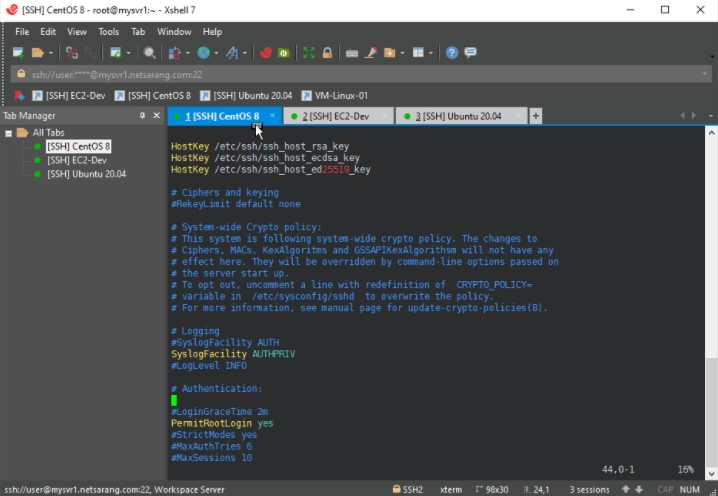Home Equity Loan vs. Mortgage Loan: Understanding the Key Differences
Guide or Summary:Loan Purpose and UsageEligibility and Loan AmountsInterest Rates and Repayment TermsCollateral and RiskHome equity loans and mortgage loans……
Guide or Summary:
- Loan Purpose and Usage
- Eligibility and Loan Amounts
- Interest Rates and Repayment Terms
- Collateral and Risk
Home equity loans and mortgage loans are both financial instruments that allow homeowners to access funds from their property. However, despite their similarities, these two types of loans come with distinct characteristics and implications. Understanding the nuances between a home equity loan and a mortgage loan is crucial for homeowners considering these options. This article delves into the core differences, helping you make an informed decision that aligns with your financial goals.
Loan Purpose and Usage
One of the primary distinctions between a home equity loan and a mortgage loan is their intended use. Home equity loans are typically used for large, short-term expenditures, such as home renovations, medical bills, or debt consolidation. These loans provide a lump sum of cash that can be disbursed quickly and efficiently, catering to immediate financial needs.
On the other hand, mortgage loans are primarily used for purchasing a home. They are structured to cover the cost of the property, including the down payment, closing costs, and other associated fees. Unlike home equity loans, mortgage loans are long-term commitments, designed to be repaid over several years or even decades.
Eligibility and Loan Amounts
The eligibility criteria and loan amounts for home equity loans and mortgage loans also differ significantly. Home equity loans are available to homeowners who have equity in their property, which is the difference between the home's market value and any outstanding mortgage balance. Typically, lenders will only approve loans up to a certain percentage of the home's equity, which can vary depending on the lender's policies and the borrower's creditworthiness.
Mortgage loans, on the other hand, are available to first-time homebuyers and existing homeowners looking to purchase a new property. The loan amount is determined by the home's appraised value, the down payment amount, and the lender's risk assessment. Mortgage loans often require a higher credit score and a more extensive application process compared to home equity loans.
Interest Rates and Repayment Terms
Interest rates and repayment terms are another critical aspect that sets home equity loans and mortgage loans apart. Home equity loans typically offer fixed interest rates, which means that the borrower will pay the same interest rate throughout the life of the loan. These loans often have shorter repayment terms, ranging from a few years to a decade, allowing borrowers to pay off the loan relatively quickly.

Mortgage loans, especially those that are fixed-rate, also provide borrowers with predictable monthly payments. However, mortgage loans generally have longer repayment terms, usually ranging from 15 to 30 years. This extended repayment period means that borrowers will pay more in interest over time, but it also provides flexibility in managing monthly payments.
Collateral and Risk
Lastly, it's essential to understand the collateral and associated risks with each type of loan. Home equity loans are secured by the homeowner's equity in the property. If the borrower defaults on the loan, the lender can seize the property to recoup its losses. This risk is higher for home equity loans compared to mortgage loans, as the loan amount is typically a smaller percentage of the home's value.
Mortgage loans, on the other hand, are also secured by the property but are generally considered safer for lenders because they are backed by the homeowner's equity and the property's value. However, mortgage loans come with their own set of risks, including the potential for property value decline and the impact of economic conditions on the borrower's ability to repay the loan.

In conclusion, while both home equity loans and mortgage loans offer homeowners the opportunity to access funds from their property, they serve different purposes, have varying eligibility criteria, loan amounts, interest rates, repayment terms, and associated risks. By carefully considering these factors, homeowners can make an informed decision that aligns with their financial goals and circumstances. Whether you're looking to finance a large, short-term expense or purchase a new home, understanding the key differences between home equity loans and mortgage loans is crucial for securing the right financial solution.
